Resource Tipsheet
Tipsheet: How Journalists Can Use a UN Process to Evaluate National Human Rights Records
The UN process for evaluating national human rights records is long and complex, but offers valuable material for journalists.
The UN process for evaluating national human rights records is long and complex, but offers valuable material for journalists.

Press freedom – as exercised by independent news organizations free from the control of governments, political parties and other partisan interests – is fundamental to the development of peaceful, just and democratic societies. These organizations foster dialogue, respect for individual rights and good governance.
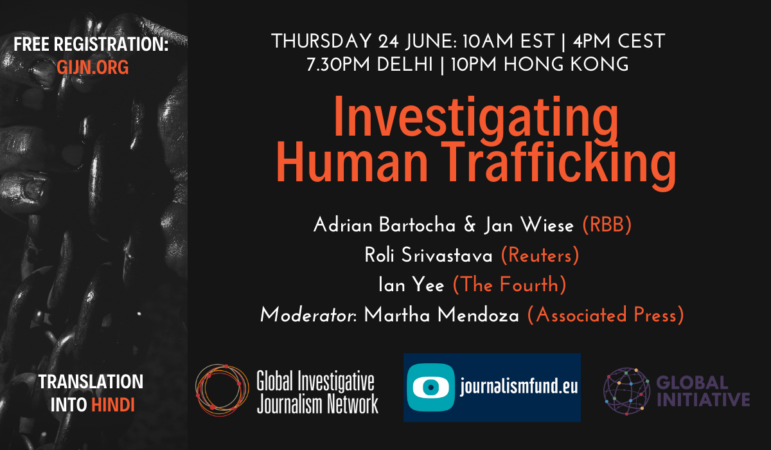
GIJN is pleased to present Investigating Human Trafficking, a webinar that will provide tips on how to dig into the two main types of human trafficking, sex exploitation and labor abuse, and discuss the best ways to cooperate with civil society groups that offer protection to victims of trafficking and slavery.
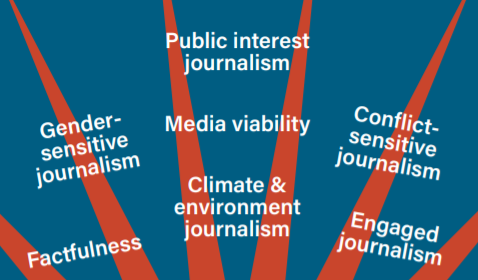
In this chapter for a new book on the role of civil society and journalism in sub-Saharan Africa, the head of policy for Sweden’s Fojo Media Institute argues that sustainable societies require a kind of journalism that addresses the sustainability challenges facing the planet.
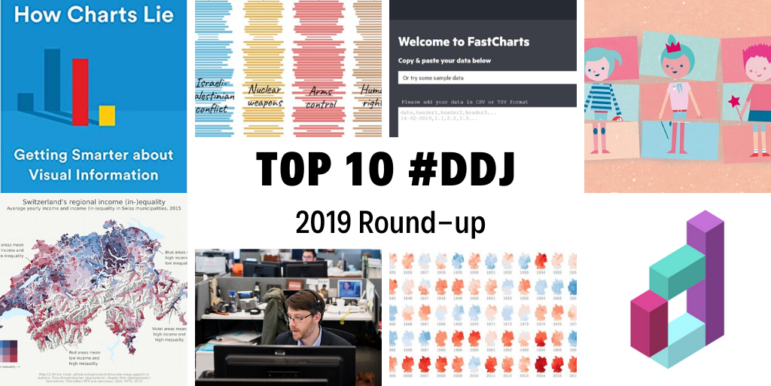
Throughout this year, we’ve brought you weekly “snapshots” of the Twitter conversation surrounding data journalism. But this week, we look at what the global data journalism community tweeted about the most during all of 2019. Below you’ll find links to stories from Brazil, Germany, Switzerland, the UK, the US, and elsewhere.
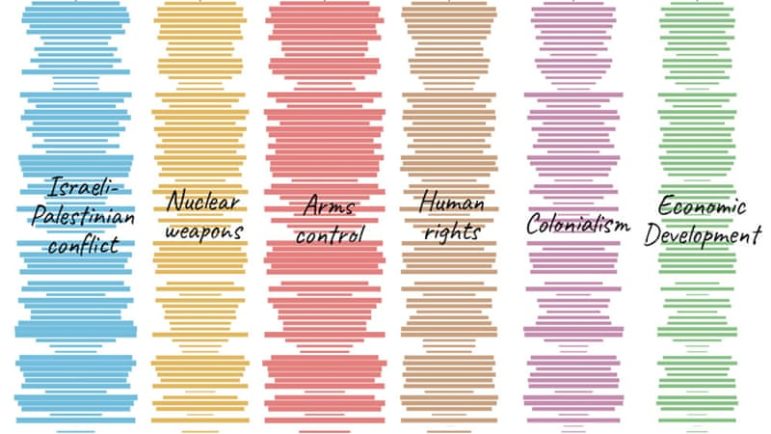
What’s the global data journalism community tweeting about this week? Our NodeXL #ddj mapping from September 30 to Oct 6 finds Al Jazeera Labs analyzing the key issues debated and voted at the United Nations General Assembly since 1946, Datajournalism.com gathering expert advice on doing data journalism during natural disasters, Knight Center offering a free data visualization course in three languages, and El Confidencial visualizing the internal migration patterns in Spain’s provinces.

On November 27, 2018 at 7:30 p.m. Central European Time, five separate media organizations broke similar stories on a United Nations cover-up of the murders of their own staff. It took nothing less than the “radical sharing” of information between these rival platforms to expose a global conspiracy of silence.

A new report by Reporters Without Borders is helping to shed light on the latest danger for journalists – threats and insults on social networks that are designed to intimidate them into silence. The organization has put forth these 25 recommendations for governments, international organizations, online platforms, media companies and advertisers to respond to these virulent online campaigns.
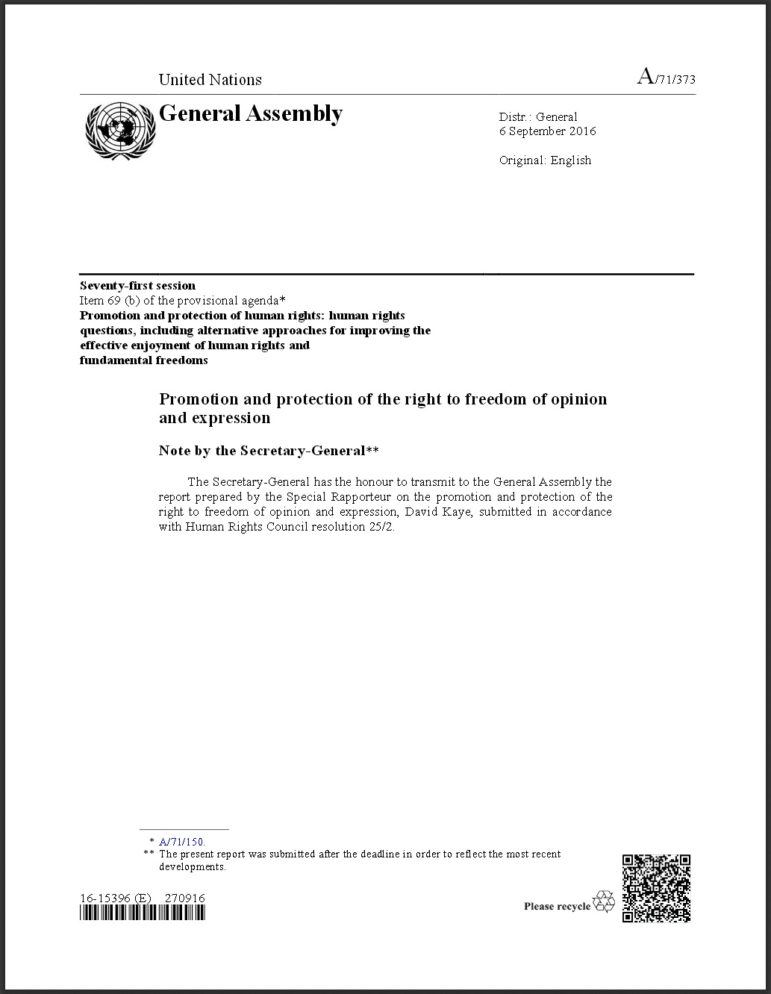
On Wednesday, the UN and press freedom groups worldwide will mark International Day to End Impunity, commemorated since 2014 to highlight the glaring number of unresolved journalists’ murders and the lack of punishment for their perpetrators. As part of a series to mark the occasion, GIJN is pleased to excerpt “The Assault on Reporting” from a new report by David Kaye, the UN Special Rapporteur on the Promotion and Protection of the Right to Freedom of Opinion and Expression.

Sustainable Development Labs can bring the benefits of Technology and Innovation to the poorest communities in our cities and nations, providing education, jobs, and growth by channeling IT projects to work with and for the people in those communities.